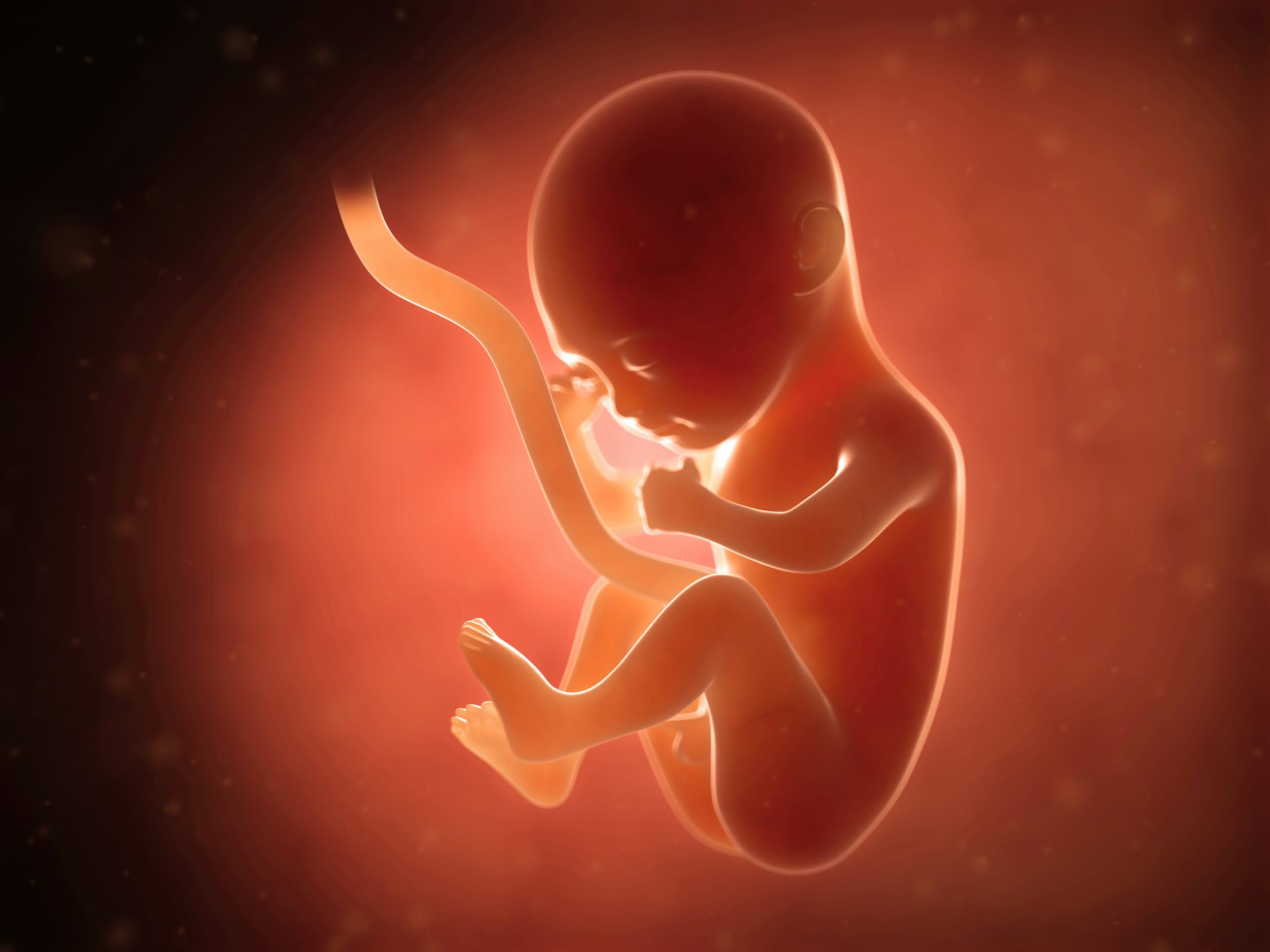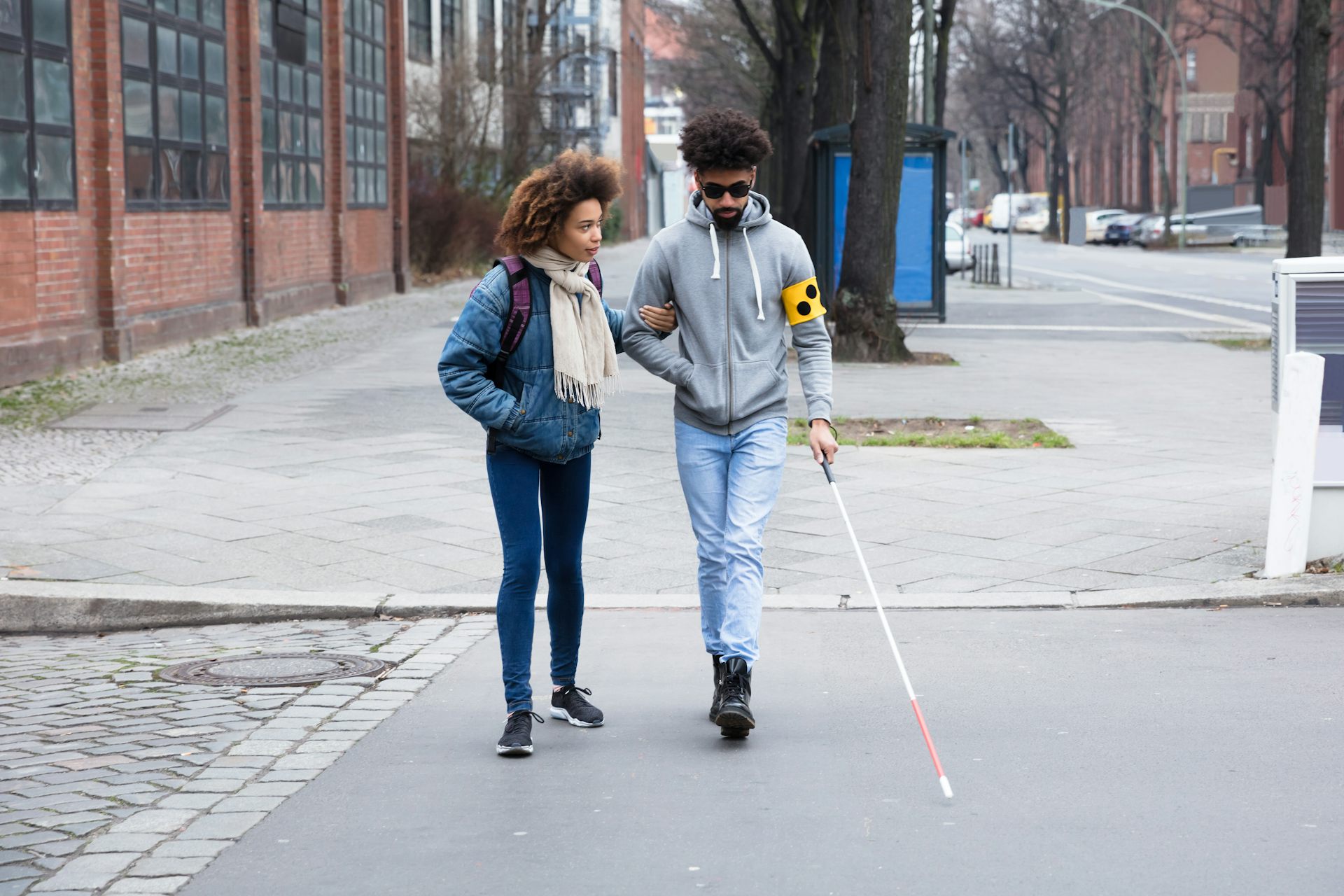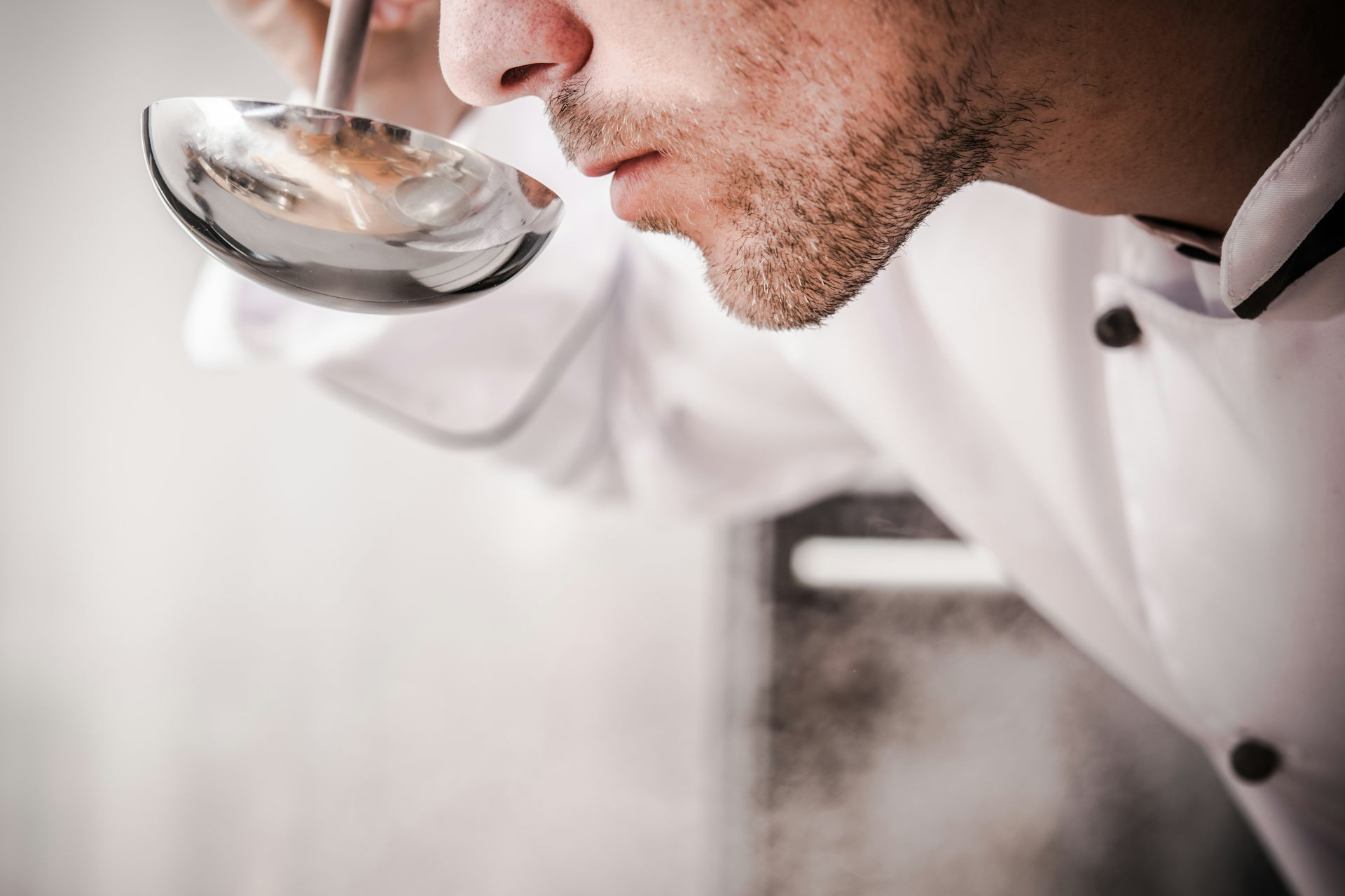(MENAFN- The Conversation) If there is one thing Twitter has taught us, it's that the world loves a question that sounds stupid, but actually has a profound and interesting answer. For instance, what would happen if the world suddenlyturned into blueberries , as answered by physics recently. Or what colour isthat dress ?
In a similar way, perception scientists have recently beenfighting it out on Twitterto answer the seemingly trivial question of: 'which is the best sense, and why?'. The debate has opened up some surprisingly deep questions – like what actually makes a sense more or less valuable? And, are some senses fundamentally more important in making us human?
The question was also put to a poll. While most people would probably assume the obvious winner is vision, 'somatosensation' – which we normally refer to as touch but technically incorporates all sensations from our body –took the day . But does this vote hold up when you take a closer look at the scientific evidence?
Losing your body
We need somatosensation to move successfully – seemingly more so than vision. While a big claim, it is arguably backed up by the rare handful of cases where this sense is lost. 'Deafferented' patients are individuals who have lost most (or all) touch sensation, as well as the ability to sense the position ( proprioception ) and movement ( kinesthesia ) of their limbs. Thismay occurbecause the body attacks its own somatosensory nerves in post-infection autoimmune reaction, though in most cases the cause is unclear.
While there isno direct dysfunctionin the patient's motor systems, most sufferers cannot complete even the most basic of movements. That's because the brain must feel the body's starting position to create the right motor plan, and needs sensory feedback to know if the plan was executed successfully.
Despite these barriers, one patient, dubbed ' IW ', shocked medical experts by regaining the ability to walk. He achieved this feat by meticulously planning what muscles to contract, in what order before moving – then staring at his limbs to track his success. This strategy is highly cognitively demanding, andnot at all the norm , with most patients bound to wheelchairs.
Many foodies might think that taste gets their vote for top sense. However, those who have tried eating after dental anaesthetic can attest to the risks and difficulties of eating without somatosensation – a challenge described by the deafferented patient ' GL ' in thescientific literature .
Another subcomponent of somasensation is the vestibular system, which is critical inkeeping us upright . If you have ever beenmotion sick , you have a tiny insight into what happens when this critical system goes awry. In short, your eyes tell the brain you are moving, but your vestibular system says you are still – causing a conflict that can lead to vertigo, nausea and loss of balance.
Pain and temperature perception also get lumped in with somatosensation, failing to fit into any other category. Being born without sensitivity to pain is rare (around45documented cases) and highly dangerous. Some experts speculate the incidence may actually be largely underestimated, as sufferers don't survive long enough to be documented. This is because pain tells you something is directly impinging on your body in a bad way, and you better react fast. Patients mustself-checkmultiple times daily, to prevent infection from cuts they haven't noticed.

Sebastian Kaulitzki/shutterstock
Touch forms a core part of our humanity. It is the first sense todevelop in a fetus in utero , and some suggest the integration of sensations related to the bodymay form the basisof our fundamental self consciousness.
The touch of another can alsoreduce anxiety ,influence our behaviour , shapebrain developmentand reduce brainresponses to painin babies. We even have adedicated set of nervesthat preferentially process 'social' and 'emotional' touch.
Vision versus touch
On the other hand, looking from a neuroscience perspective, it is easy to see (no pun intended) why vision almost won the poll. The brain seems to have a vision focus. The primary brain area for processing visual stimuli, thevisual cortex , takes up the largest area of any individual sense. Partly because of this vast processing resource,vision is the most acutesense we have for various kinds of discrimination.

Andrey_Popov/shutterstock
The high reliability of vision means that if there is a conflict between what two senses say, vision will typicallywarp our final perceptionto be in line with the visual information. In the famousrubber hand illusion , stroking a realistic dummy hand in front of a person (and hiding their own hand) can make the person feel as if it is their own hand that is being stroked – with vision hijacking their sense of touch. Similar things happen when youconflict hearingwith vision.
Vision also allows reading, writing and art. You can see the faces of your loved ones, or danger coming from far away. But maybe we only think vision is so crucial because it is at the very forefront of our daily experience. As Kevin Wright, an assistant professor of neuroscience at the Oregon Health and Science University, who posted the best sense poll, states – people may simply perceive the loss of vision as being more life affecting because 'we are more aware of our vision as opposed to our somatosensory function'.
And the rest…
So are the other senses really less important? Our sense of smell is incredibly ancient and complex. If order indicates anything, smell is a form ofchemoreceptionwhich is thought to have been the first 'sense' to evolve in our early multicellular ancestors. Smell is the only sense that bypasses our brain's sensory relay system –- goingstraight to the cortexfor processing.

Ancient but crucial.
welcomia/Shutterstock
Smell works together with taste tostop you eatingspoiled or poisonous foods. Smell is also stronglylinked to autobiographical memory , therefore forming a core part of the processes that maintain our identity. And hearing is better than both touch and vision for detecting danger coming up behind you. And it is certainly better than vision in the dark. And no hearing, no music. Enough said.
At the end of the day, somatosensation gets my vote because it keeps me upright, moving and alive – more so than the others. Looking to the future, however, I am excited to see howsensory substitutiontechnology might upend our assessments of what sense is more or less important. As science reveals, for instance, that with the right device you can learn to see withtouchorsound .
Psychology
Neuroscience
Senses
Vision
Hearing
Taste
Smell
Touch
MENAFN2308201901990000ID1098919112
Legal Disclaimer:
MENAFN provides the information “as is” without warranty of any kind. We do not accept any responsibility or liability for the accuracy, content, images, videos, licenses, completeness, legality, or reliability of the information contained in this article. If you have any complaints or copyright issues related to this article, kindly contact the provider above.